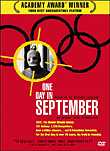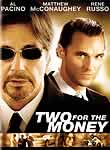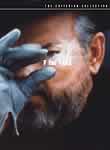
Be Here to Love Me: A Film About Townes Van Zandt (Margaret Brown, 2004) [6]
Townes Van Zandt has always been considered a cult figure, someone not well known but with a influential and extremely loyal fanbase. My first exposure to Van Zandt came from his cover of the Stones' "Dead Flowers" that played over the closing credits of The Big Lebowski and have been a fan since. Margaret Brown has made a fan's film obviously, as the film helps solidify the genius reputation that many have given Van Zandt but doesn't add that much more. The film has a wealth of archival footage and interviews which give an interesting portrait of Van Zandt the troubled individual as well as respected singer/songwriter. Van Zandt is shown as a person that is reckless and self-destructive, but still able to craft flawless songs. I'm not sure that I buy into him as a complete genius, but he was definitely a fantastic sonwriter. And throught the film, I always had the feeling that I wanted more information about Van Zandt the person other than he drank too much and was a fantastic songwriter. Also, there was a lot of Van Zandt's songs, some of my favorites like "Loretta" and "Colorado Girl" that aren't featured in the film, which is understandable seeing that Van Zandt's records were out of print for years and there has always been conflicts over who has rights to certain songs. But it seems a fitting analogy for a man who was filled with conflicts and appreciated by more after it was too late.











